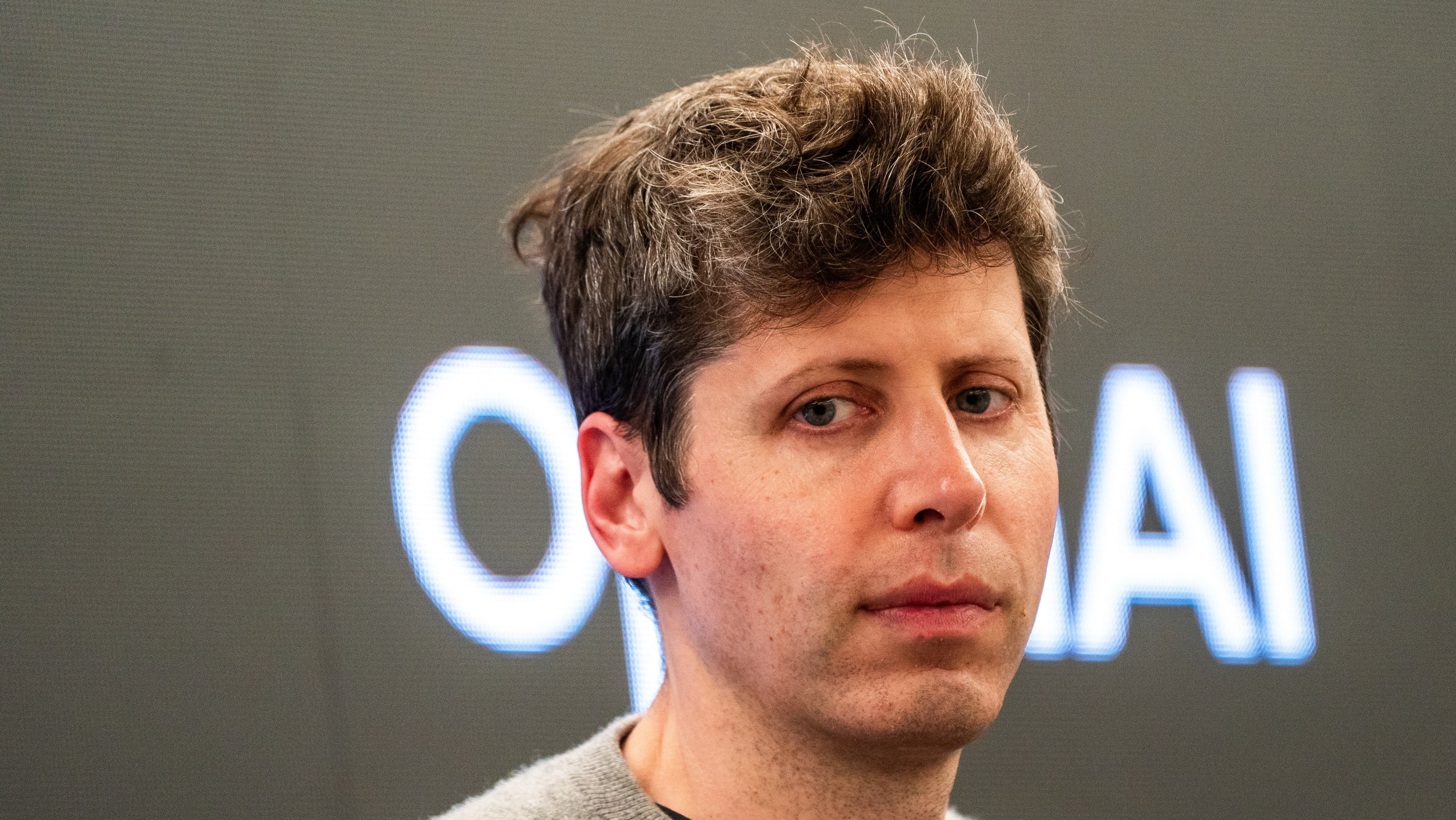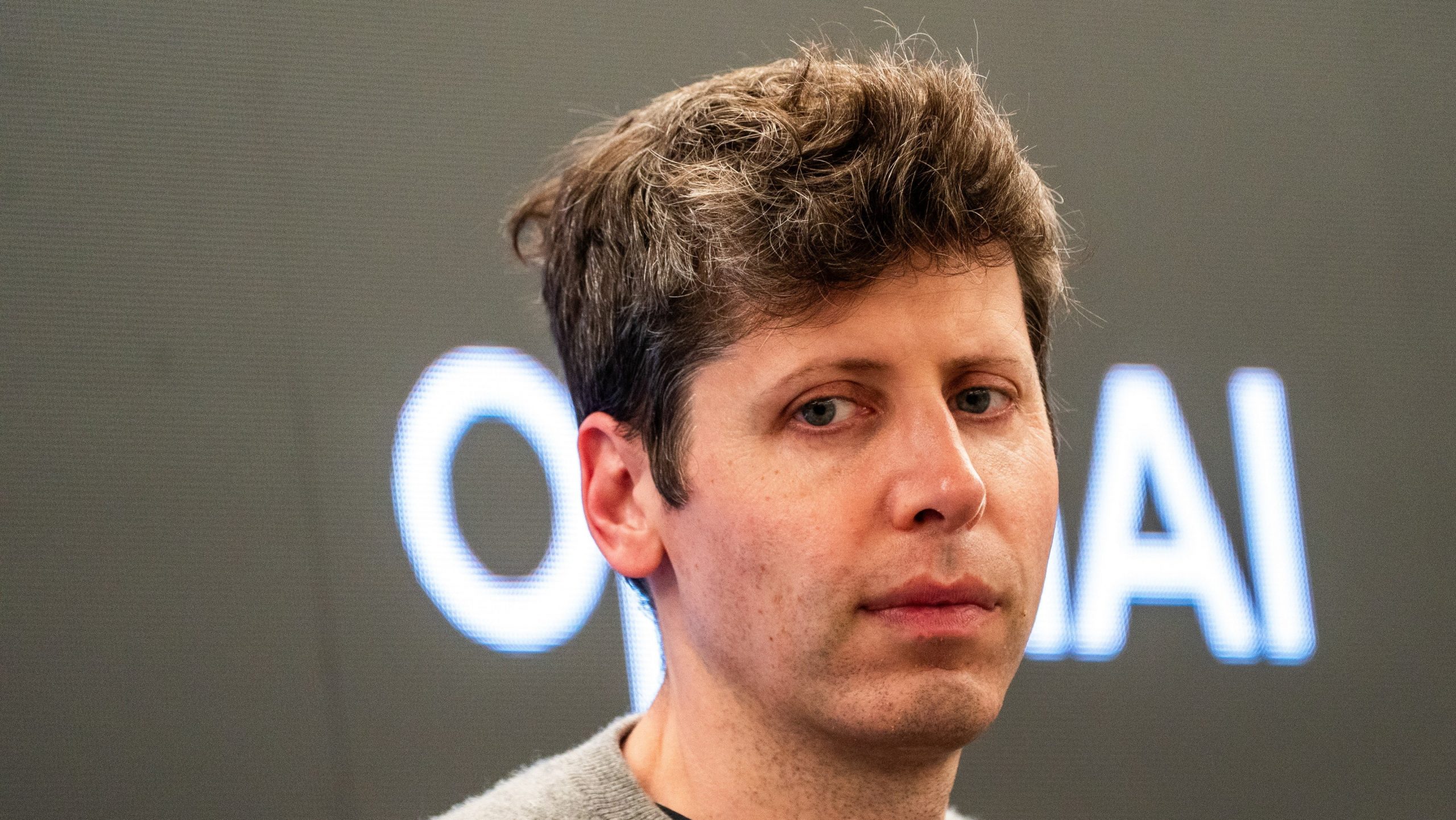
The Japanese government has made a formal request asking OpenAI to refrain from copyright infringement (as reported by ITMedia). This comes as a response to Sora 2’s ability to generate videos featuring the likenesses of copyrighted characters from anime and video games.
Sora 2, which OpenAI launched on October 1, is capable of generating 20-second long videos at 1080p resolution, complete with sound. Soon after its release, social media was flooded with videos generated by the app, many of which contained depictions of copyrighted characters including those from popular anime and game franchises such as One Piece, Demon Slayer, Pokémon, and Mario.
Speaking at the Japanese government’s Cabinet Office press conference on Friday, Minoru Kiuchi (the minister of state for IP and AI strategy) informed attendees about the government’s request, which called on the American organization to refrain from infringing on Japanese IPs. The request was reportedly made online by the Cabinet Office’s Intellectual Property Strategy Headquarters. Kiuchi went on to describe manga and anime as “irreplaceable treasures” that Japan boasts to the world.
Other Japanese politicians like Digital Minister Masaaki Taira have expressed hopes that OpenAI will take voluntary action to comply with this request, indicating that measures under Japan’s AI Promotion Act may be invoked if the issue remains unresolved.
Fully enforced from September 1st 2025, Japan’s AI Promotion Act aims to make Japan the most “AI friendly country” by driving policies that promote development and utilization of AI for socio-economic growth. However, it also lays down some principles for dealing with problematic AI use, including copyright infringement. Article 16 of the AI Promotion act covers research and investigation and says that the government may “analyze cases in which citizens’ rights or interests have been infringed upon through research, development, or utilization of AI-related technology conducted for improper purposes or by inappropriate methods, and consider countermeasures based on those analyses.” However, as noted by the Future of Privacy Forum, the act does not specify any clear penalties for misuse of AI, but instead calls on business operators to cooperate with the measures.
A member of Japan’s ruling LDP party with a seat in the country’s parliament (the Diet), politician Akihisa Shiozaki has written extensively about Sora 2 and its legal implications on his official X account, and noted: “the release of Sora 2 has once again highlighted the issue of AI and copyright.”
However, he also insisted this challenge is an opportunity: “Japan bears a responsibility to take the lead on making rules (related to AI and copyright infringement), precisely because we are a country that has captivated the world with the creative power of anime, games, and music.”
Reuters reported on September 29 that OpenAI had contacted studios and talent agencies a week before Sora 2’s launch, giving them the option to opt out. However, it was not specified which studios were contacted. Whether major Japanese creative companies and studios were contacted or not is unclear, but the fact that Sora 2 can generate videos containing the likenesses of Japanese characters has triggered a lot of backlash on Japanese-speaking social media. Criticism has been leveled, not only at OpenAI, but also at the Japanese government and Japanese IP holders for their perceived failure to respond swiftly enough to the infringement dangers posed by AI.
In his October 4 blog post on Sora 2 (previously reported on by IGN), OpenAI CEO Sam Altman said that changes would be made to the fledgling video generation app in the near future. “First, we will give rightsholders more granular control over generation of characters, similar to the opt-in model for likeness but with additional controls,” Altman confirmed, adding OpenAI will give rightsholders “the ability to specify how their characters can be used (including not at all).”
He acknowledged there might be “some edge cases” of character depiction slipping through the cracks but that this would be ironed out in time. Altman also made a specific refefence to Japan, saying: “in particular, we’d like to acknowledge the remarkable creative output of Japan — we are struck by how deep the connection between users and Japanese content is!”
However, at the time of writing, there has been no formal response from OpenAI regarding the Japanese government’s latest request.
Earlier this month, Nintendo took the unusual step of issuing an official statement seemingly in response to comments from Satoshi Asano, a member of Japan’s House of Representatives. In a deleted social media post he subsequently apologized for, Asano accused Nintendo of “avoiding using generative AI to protect its IP” and “engaging in lobbying activities with the government” over the increased use of generative AI in the gaming industry.
Nintendo denied this, but did warn it would take “necessary actions against infringement of our intellectual property rights.”
“Contrary to recent discussions on the internet, Nintendo has not had any contact with the Japanese government about generative AI,” Nintendo said. “Whether generative AI is involved or not, we will continue to take necessary actions against infringement of our intellectual property rights.”
Disney and Universal have sued the AI image creator Midjourney, alleging that the company improperly used and distributed AI-generated characters from their movies. Disney also sent a cease and desist letter to Character.AI, warning the startup to stop using its copyrighted characters without authorization.
“A lot of the videos that people are going to generate of these cartoon characters are going to infringe copyright,” Mark Lemley, a professor at Stanford Law School, told CNBC. “OpenAI is opening itself up to quite a lot of copyright lawsuits by doing this.”
Last month, the famously litigious The Pokémon Company formally responded to the use of Pokémon TV hero Ash Ketchum and the series’ theme tune by the Department of Homeland Security, as part of a video showing people being arrested and handcuffed by law enforcement agents. “Our company was not involved in the creation or distribution of this content,” a spokesperson told IGN, “and permission was not granted for the use of our intellectual property.”
Verity Townsend is a Japan-based freelance writer who previously served as editor, contributor and translator for the game news site Automaton West. She has also written about Japanese culture and movies for various publications.

